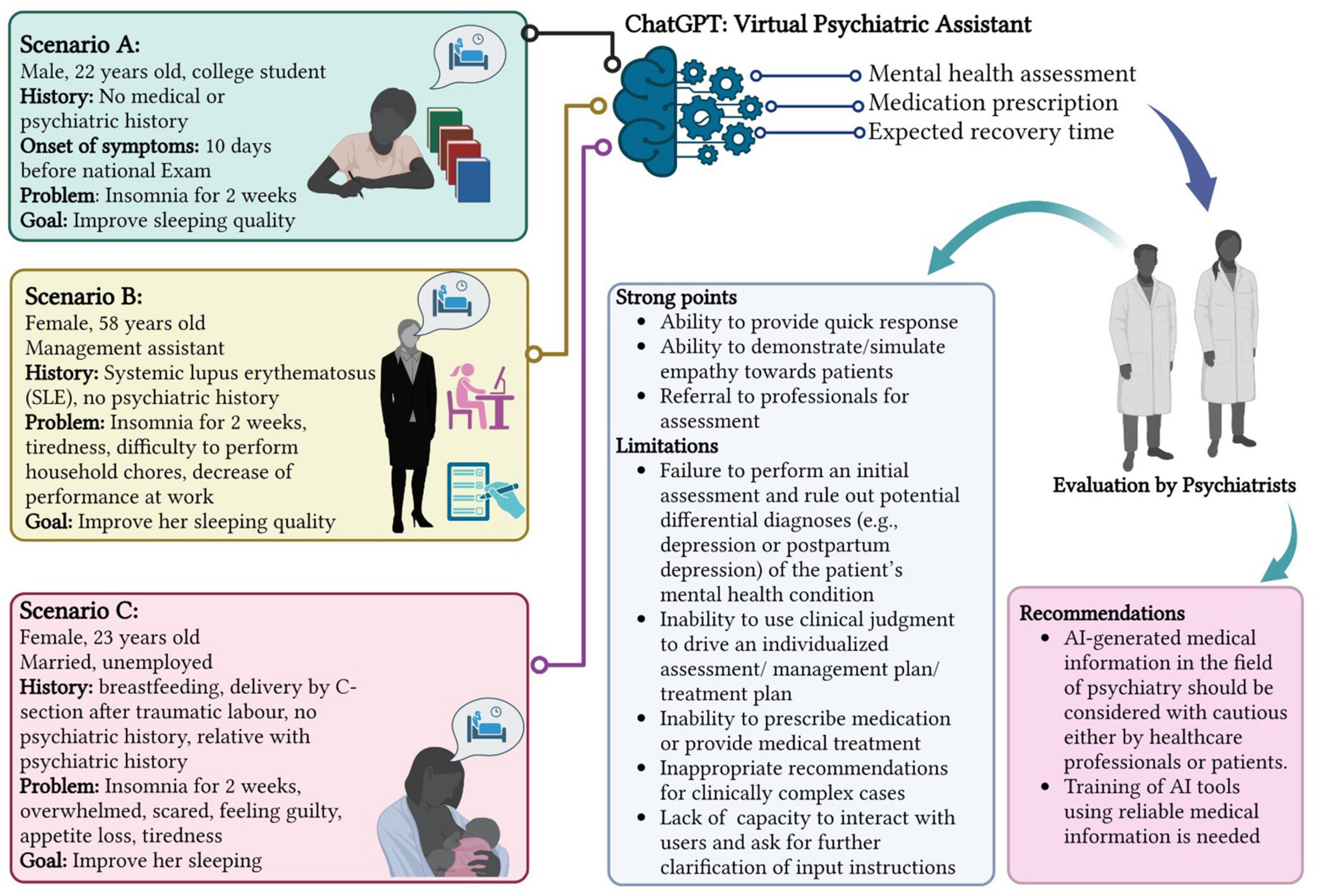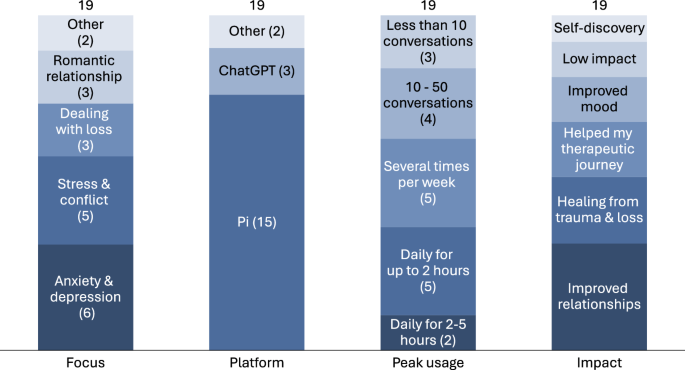ChatGPT as a Virtual Therapist: Benefits, Risks, and What We Know...
People are now turning to AI for various tasks, including therapy. The use of AI for emotional support raises questions due to the uncertainties surrounding this technology. While the effectiveness of AI chatbots like ChatGPT as virtual therapists is still being debated, there is evidence to suggest its potential benefits.
Effectiveness of ChatGPT in Mental Health Support
A study titled "Assessing the effectiveness of ChatGPT in delivering mental health support" found that ChatGPT can offer emotional support, help identify issues, aid in decision-making, and provide crisis intervention. However, the study cautions that ChatGPT should not replace traditional therapy but rather complement it within the therapy process.

Despite its strengths, ChatGPT has limitations. It may lack nuance in addressing mental health conditions, miss important details, and at times, provide inaccurate information. Additionally, communication barriers may arise, especially concerning cultural nuances or dialects.
Reasons for using AI as a Virtual Therapist
Anonymity is a key factor driving individuals to seek support from AI chatbots as digital therapists. The privacy offered by interacting with a faceless program can be comforting for those hesitant to pursue traditional therapy.

Moreover, the shortage of mental health professionals in the United States and the high costs associated with therapy lead some individuals to explore AI as a more accessible and affordable option. According to the 2024 State of Mental Health in America report, there is only one mental health provider per every 340 Americans.
Limitations of AI Chatbots in Therapy
While AI chatbots like ChatGPT can be beneficial for addressing surface-level concerns, they may not be as effective as traditional therapy for deeper emotional issues. The technology is still evolving, and its effectiveness in providing comprehensive mental health support remains uncertain.
Despite the ongoing debate on the efficacy of AI chatbots as virtual therapists, they can serve as a valuable tool for those seeking support, especially in scenarios where traditional therapy is not readily available or affordable.

It is essential for individuals considering AI therapy to be aware of its limitations and to approach it with realistic expectations.




















